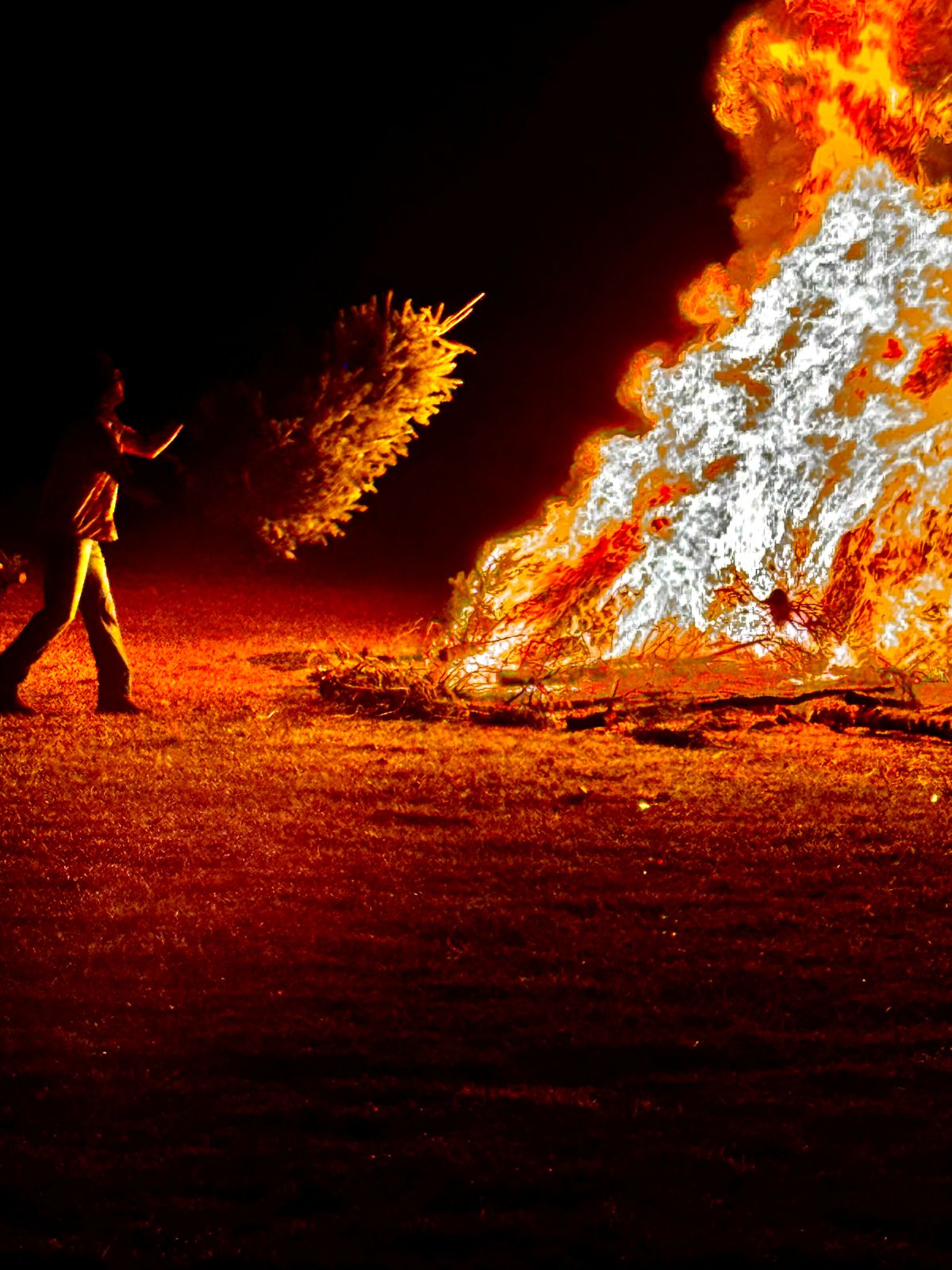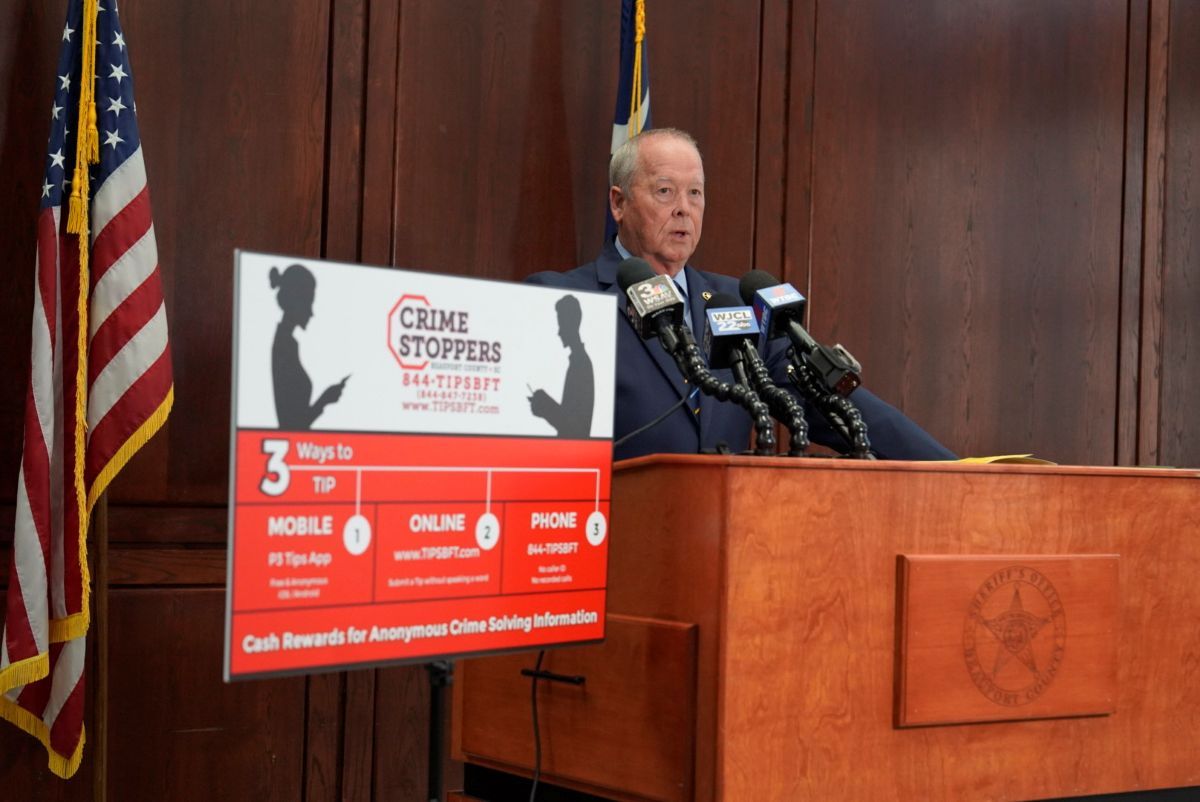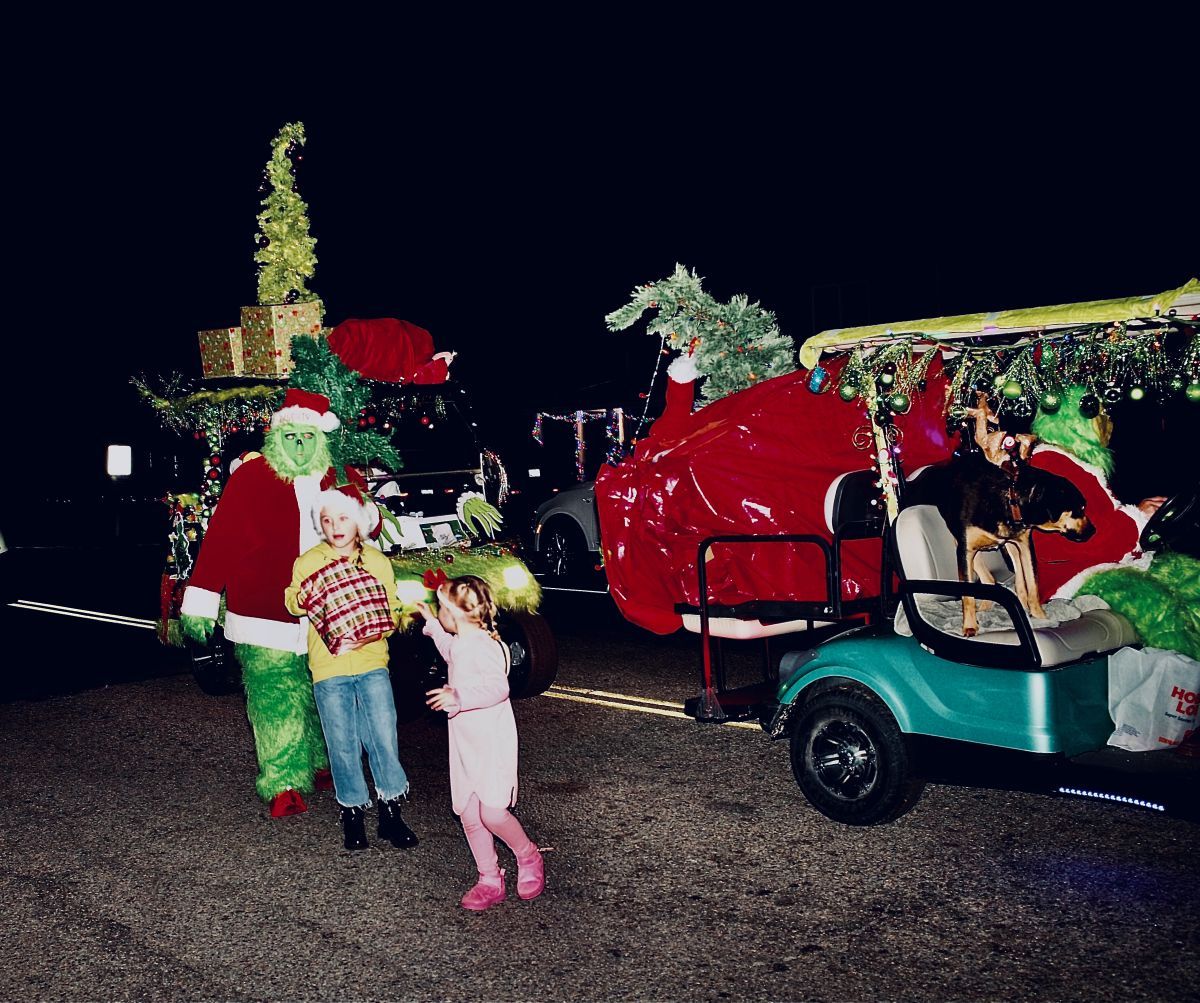Misconception: “Montessori is just for preschool children.”
Truth: Although most Montessori schools in the United States are preschools, Montessori programs are designed for levels from birth through high school.
Misconception: “Montessori is just for special learners—the gifted or the learning-challenged.
Truth: While the Montessori Method is highly effective with both learning-challenged and gifted learners, it is designed to ensure success for all children.
Misconception: “Montessori schools are religious”
Truth: Though some Montessori schools have a religious component to their program, the majority are independent of any religious affiliation.
Misconception: “Children are unsupervised and can do whatever they want”
Truth: The Montessori Method gives children the power of “free choice of purposeful activity.” That means the children learn how to use materials through lessons in an environment prepared by a Montessori-certified teacher. The teacher may intervene and redirect the child either to more appropriate materials or to a more appropriate use of the material only if the child is being destructive or is using materials in an inappropriate manner.
Misconception: “Montessori is a cult”
Truth: Montessori is part of mainstream education. Loyola University and New York University are two of the growing numbers of universities offering graduate-level programs in Montessori education. Montessori’s popularity in public schools increases annually.
Misconception: “Montessori is against fantasy; therefore, Montessori stifles creativity”
Truth: Instead of being against fantasy and creativity, Dr. Montessori found that children prefer activities providing practical experiences that fulfill their inner needs. The “freedom with guidance” approach to learning encourages creativity in problem-solving though fantasy play initiated by the child. This approach is considered healthy and purposeful. Additionally, art and music activities are integral parts of the Montessori classroom.
Misconception: “Montessori pushes children too far, too fast”
Truth: The Montessori philosophy allows each child to develop at his/her own individual pace. Montessori teachers never push children toward anything. Children often excel far beyond traditional expectations for their age levels simply because young children are capable of far more than what we generally expect.
Misconception: “Montessori is outdated”
Truth: Current scientific research and evaluations confirm Montessori’s insights.
Misconception: “There is no play in Montessori”
Truth: The children at the 3-to-6-year-old level do not really distinguish between work and play. Their work in the Montessori classroom is their play.
Misconception: “Montessori discourages children from working together”
Truth: Children in Montessori classrooms have a choice to work alone or in groups as long as they are not disruptive to other students.





